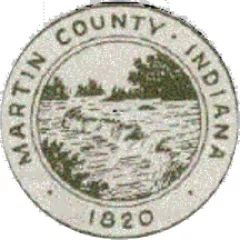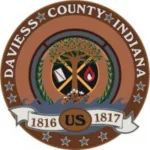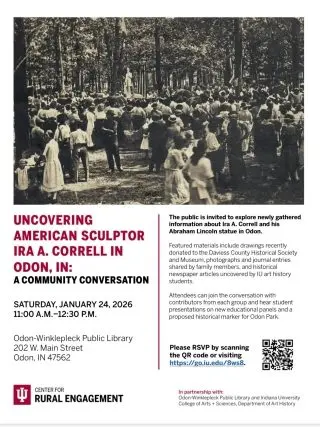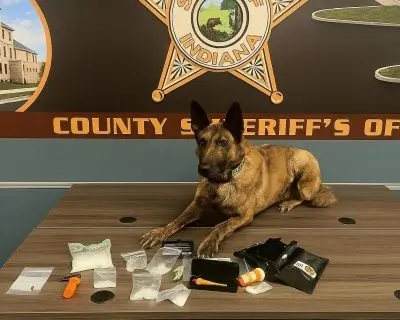
In a packed special meeting, the Martin County Council voted unanimously to reallocate local income tax revenue and implement a wheel tax and motor vehicle excise surtax, moves officials say are necessary to fund ambulance services and preserve eligibility for key state road grants. The changes will shift the county’s economic development allocation from 1.2% to 1.0%, directing the remaining 0.2%, about $551,692 annually, into a new Emergency Medical Services fund to cover ambulance and emergency care expenses.
The council also approved a wheel tax and excise surtax, with most passenger vehicles set at $40 annually and heavy commercial vehicles at $80. The measures are expected to generate roughly $500,000 per year for the county highway department. By adopting the taxes, Martin County remains eligible for Indiana’s Community Crossings Matching Grant program, which typically provides $1.5 million a year for paving and road projects when paired with local matching funds. Without the taxes, officials said the county would lose about half a million dollars in annual state funding.
The proposals drew hours of public comment. Several residents questioned taxing motorcycles and mopeds at the same rate as larger vehicles, arguing smaller vehicles cause less road damage. Concerns also centered on whether the new revenue would be used solely for road repairs, with residents warning against diverting funds to equipment purchases or salaries. Highway Superintendent Scott Seals cautioned that without the tax, road quality would decline and some paved roads could revert to gravel.
After debate, the council kept most rates at the proposed levels, declining to lower fees for motorcycles, RVs, or collector vehicles. The vote was unanimous for both the Local Income Tax reallocation and the wheel/excise tax ordinance. Officials confirmed all wheel and excise tax revenue will go directly to the highway department for road construction, maintenance, and as local match money for state grants. Council members acknowledged the public’s frustration but said the state’s funding formula left them little choice.













